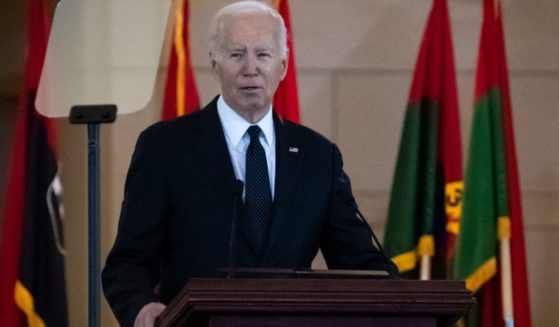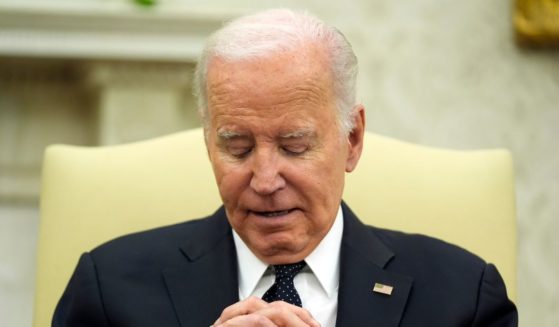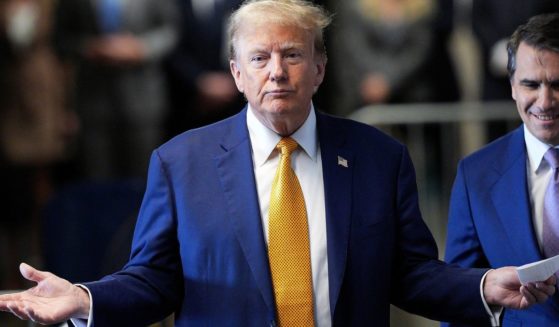Senators Choose Party Leaders with Majority Still Up in the Air
Senators chose party leaders on Tuesday with few changes at the top, but it’s unclear who will be majority leader in the new Congress with no party securing control of the Senate until a January runoff election in Georgia.
Sen. Mitch McConnell won another term as Republican leader, his office said, cementing his role as the longest-serving GOP leader in U.S. history.
Sen. Chuck Schumer won his party’s support to stay on leading the Democrats, according to a Democrat granted anonymity to discuss the closed-door balloting.
None of the leaders were being challenged in Tuesday’s private party elections, with their entire leadership teams set to be reinstated.
But it’s still to be determined whether McConnell will retain his role as majority leader or cede it to Schumer as the final races for the U.S. Senate play out.
Last week’s elections left the chamber split, 48-48, heading into the new Congress next year.
Races for two seats in Georgia in a Jan. 5 runoff are swiftly becoming a showdown over control of the chamber.
The state is closely divided, with Democrats making gains on Republicans. But no Democrat has been elected senator in some 20 years.
Two other seats in North Carolina and Alaska remain too early to call.
In North Carolina, Sen. Thom Tillis is trying to fend off Democratic challenger Cal Cunningham in a tight race. Alaska GOP Sen. Dan Sullivan is favored for another term against Al Gross, an independent running as a Democrat.
Even if Republicans secure the final two races in which ballots are still being counted in North Carolina and Alaska, they would still fall short of the 51 seats needed to cement their hold on power.
The vice president of the party holding the White House casts the tie-breaking vote in the Senate. Next year that could be vice presidential nominee Kamala Harris, which would mean that 50 seats for Democrats would result in their control over the chamber.
The stakes are high for all sides, with strategists saying an eye-popping $500 million could be spent on the Georgia runoff elections in the weeks ahead.
GOP Sen. Kelly Loeffler will face Rafael Warnock, a pastor at the church where Rev. Martin Luther King Jr. preached. And Republican Sen. David Perdue, a top Trump ally, will face Democratic challenger Jon Ossoff.
A Democratic majority in both the Senate and the House would give the party a firm grasp on power in Washington.
If elected, Joe Biden would have latitude over nominees, including for his Cabinet, and a chance to push his legislative agenda through Congress.
If Democrats fall short, McConnell could wield the power to check Biden’s ambitions.
The Democratic leadership team includes Sen. Dick Durbin of Illinois as whip; Sen. Patty Murray of Washington as assistant leader, and several others, including Sen. Elizabeth Warren, Sen. Amy Klobuchar and Sen. Bernie Sanders, keeping leadership roles.
Democrats added Sen. Cory Booker of New Jersey and Sen. Catherine Cortez-Masto of Nevada to the leadership team.
The Republican leadership team is set to include Sen. John Thune of South Dakota as whip, with Sen. John Barrasso of Wyoming and others holding other leadership roles.
The Western Journal has reviewed this Associated Press story and may have altered it prior to publication to ensure that it meets our editorial standards.
Truth and Accuracy
We are committed to truth and accuracy in all of our journalism. Read our editorial standards.











